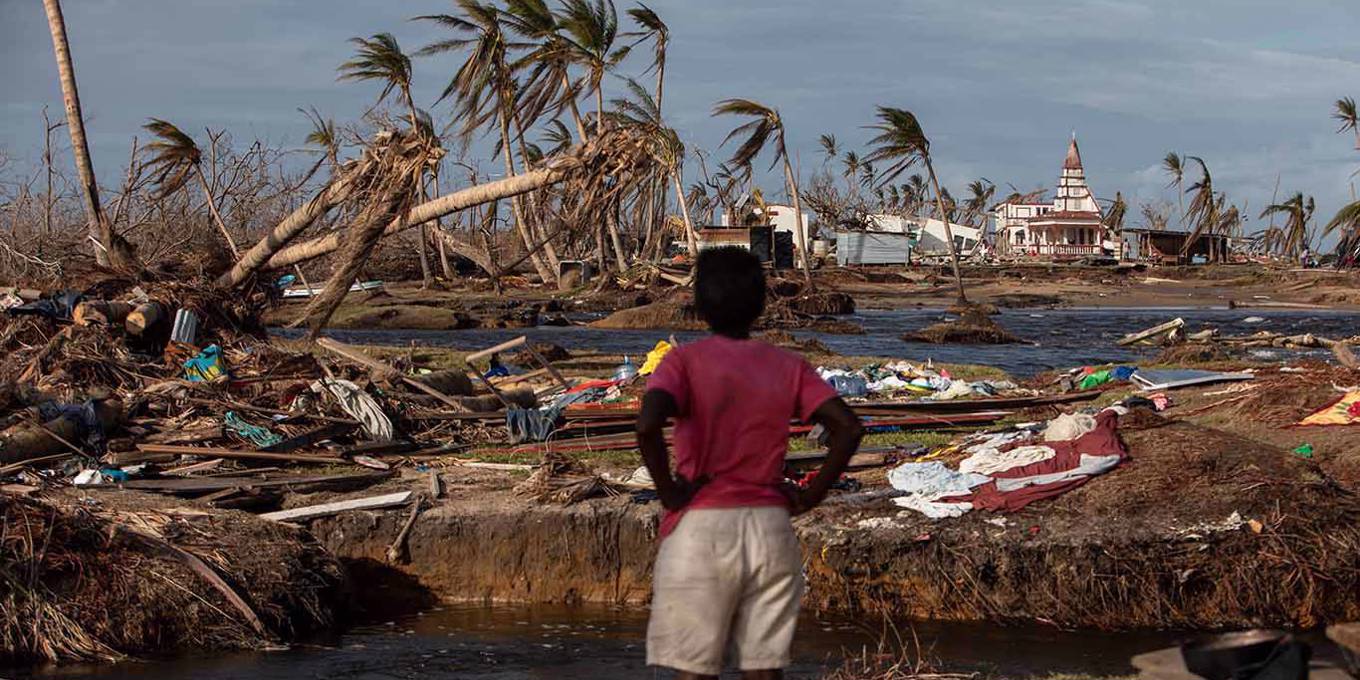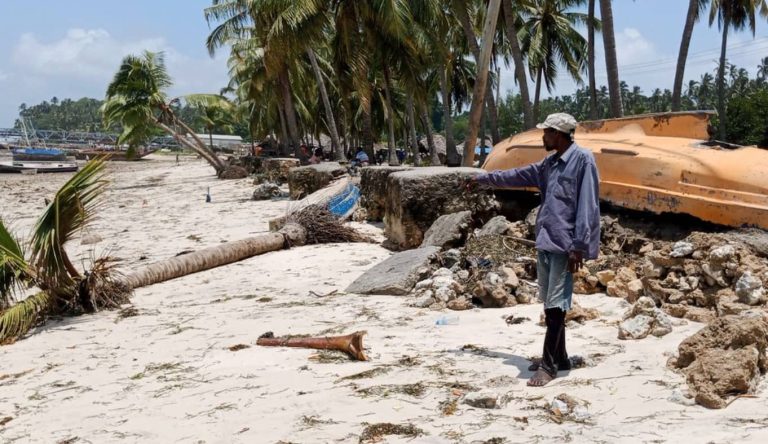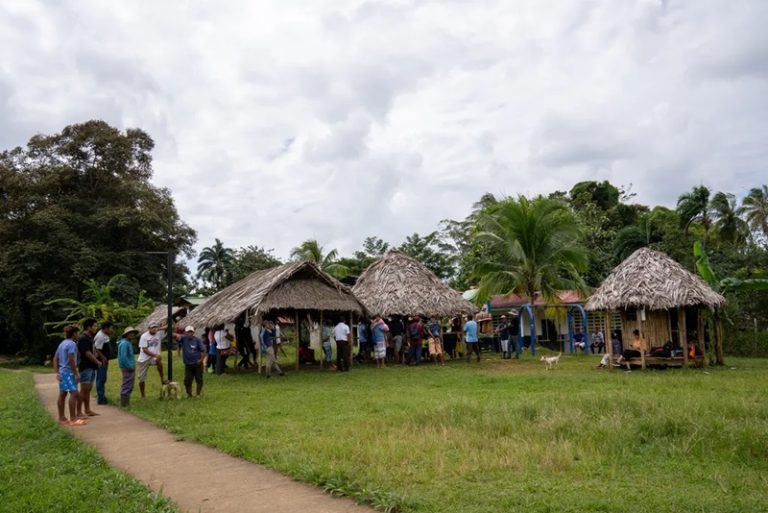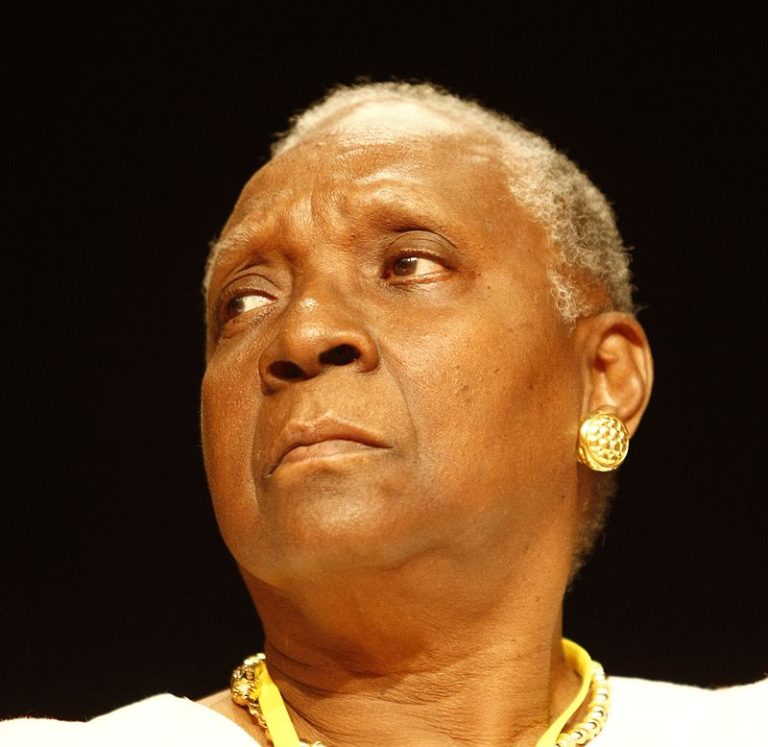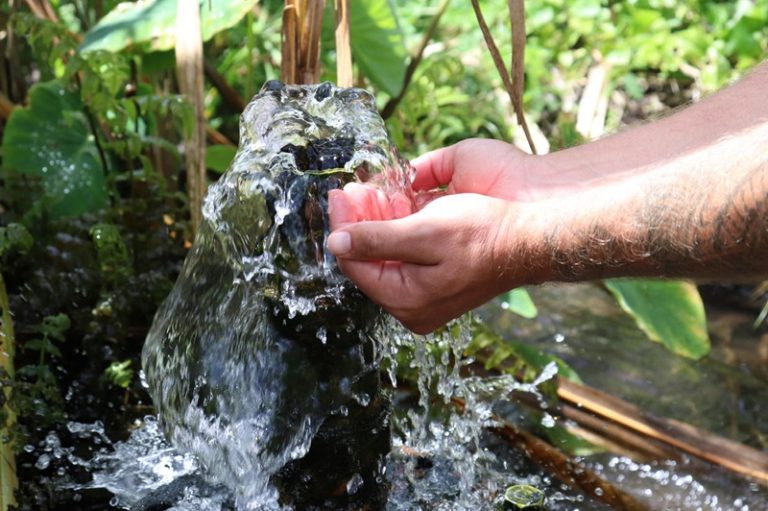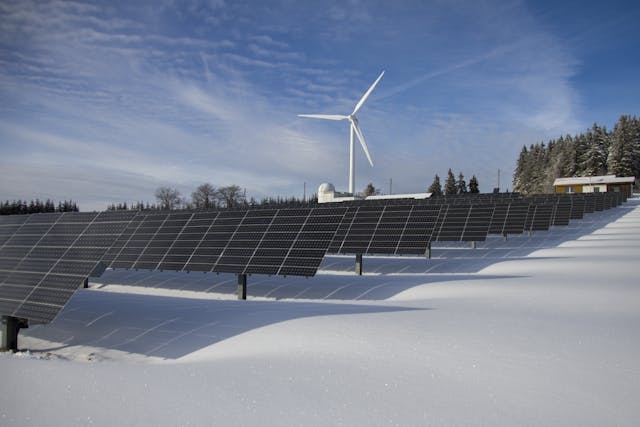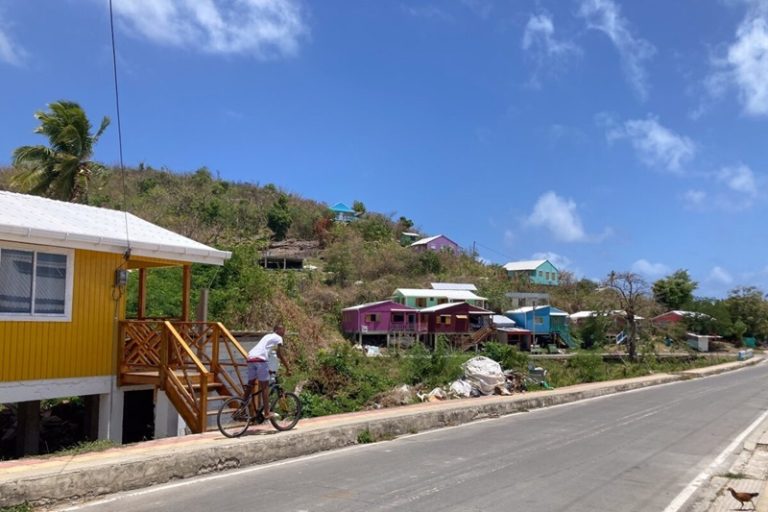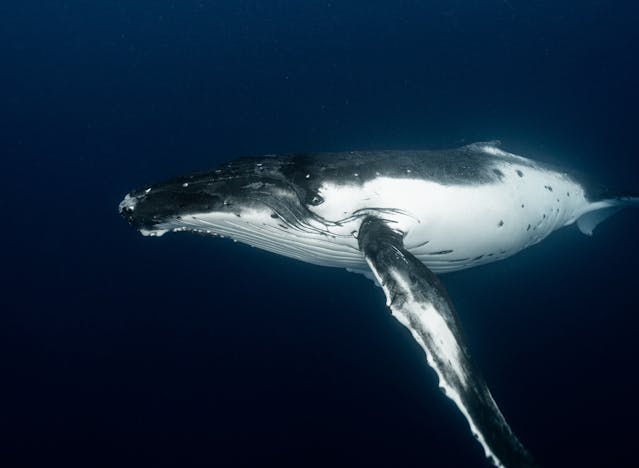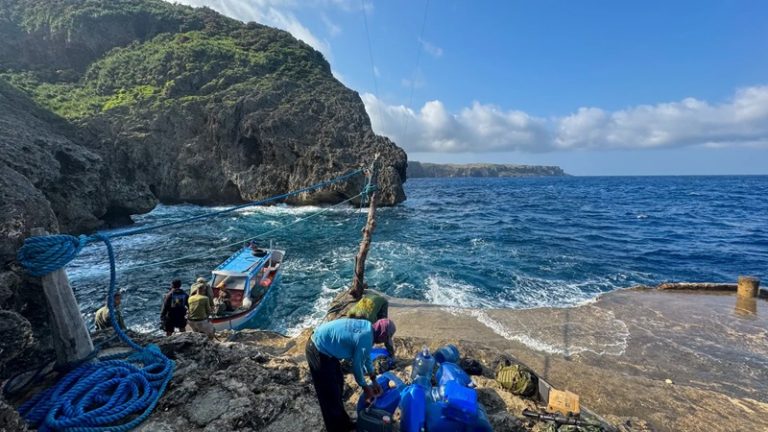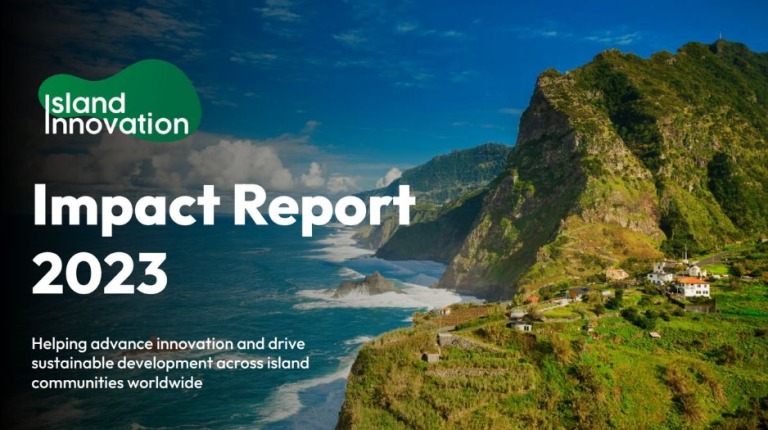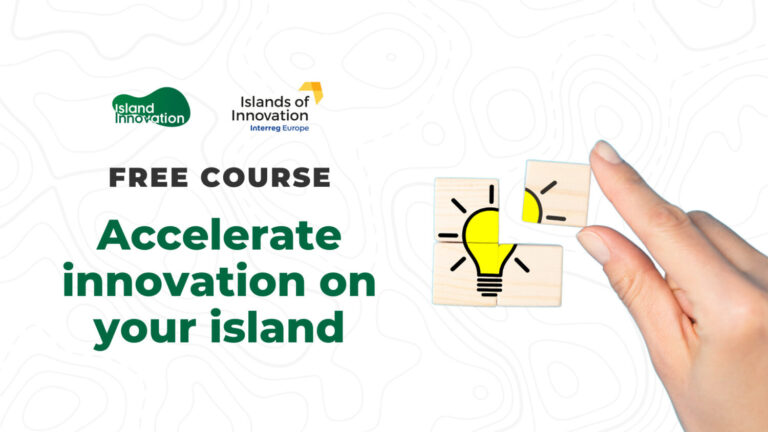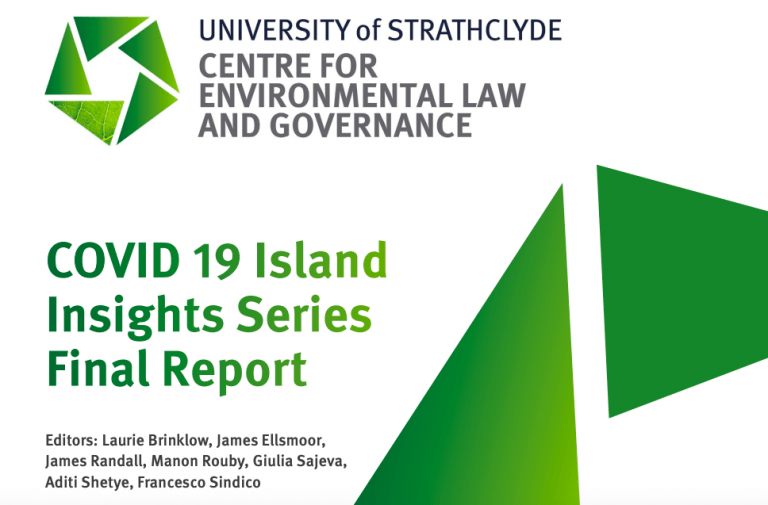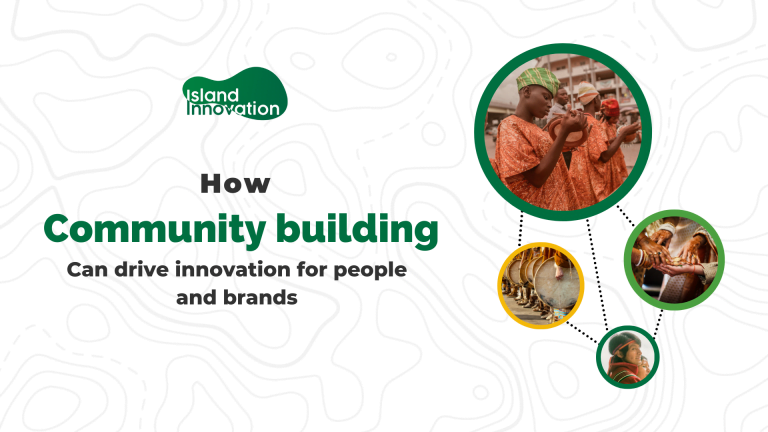As recent disasters have shown, the world’s small island developing states are acutely vulnerable to the ravages of climate change, a problem created almost entirely by rich countries. If the international community is serious about sustainable development that leaves no one behind, rich countries must do three things.
Hurricane Elsa’s appearance in the Caribbean this month, far before the usual onset of the Atlantic hurricane season, reminds us of what awaits the world’s small island developing states (SIDS) in the years ahead. These states are already suffering the devastating effects of climate change, and will now need to spend heavily on repairs and measures to build resilience. Rich countries and their fossil-fuel companies contributed overwhelmingly to the problem, so they should help cover the SIDS’ soaring climate costs.
Owing to their unique circumstances, the world’s 58 SIDS – 38 of which are United Nations members – have belonged to a special group within the UN since 1992. In a new study of this cohort for the UN, we identified three overarching structural vulnerabilities facing the SIDS today.
First, because most SIDS have small populations (below one million), their exports are concentrated in just a few activities. When COVID-19 struck, SIDS dependent on tourism were hit much harder than most other countries, particularly the developed economies. In 2020, the GDP of Barbados, Fiji, and the Maldives declined by 17.6%, 19%, and 32.2%, respectively, compared to 3.5% in the United States. Many SIDS also experienced a sharp drop in international remittances – another key source of sustenance.
Second, many SIDS tend to incur higher shipping costs, because they are far away from the world’s main shipping routes and must purchase in smaller volumes than larger economies can. The island states in the Pacific Ocean are the most remote. In the Indian Ocean, the Maldives and the Seychelles are far from shipping routes and main markets. And in the Caribbean, the ranges differ, with some islands located much closer than others to US ports.

